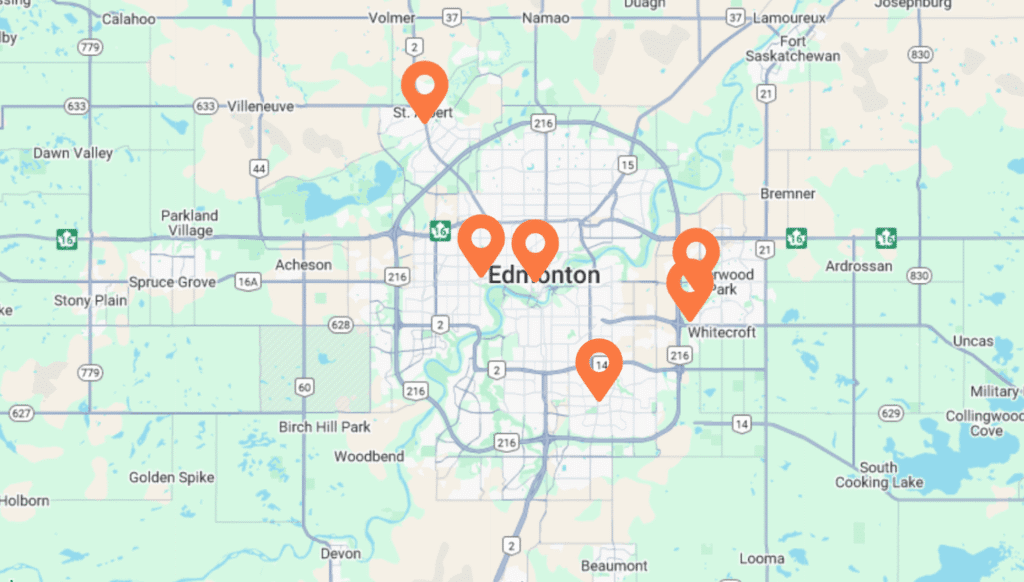
September 4, 2023
The Growing Problem of Drug-Resistant UTI’s
Are you going to the bathroom every 5 minutes, and it feels like peeing razor blades?
Well the words themselves describe it:
Pulmonary hypertension is a type of high blood pressure that affects the arteries in your lungs and the right side of your heart. PH is a serious illness, and in some people, pulmonary hypertension slowly gets worse and can be life-threatening. Although there’s no cure for some types of pulmonary hypertension, treatment can help reduce symptoms and improve your quality of life.
In one form of pulmonary hypertension, called pulmonary arterial hypertension (PAH), blood vessels in your lungs are narrowed, blocked, or destroyed. The damage slows blood flow through your lungs, and blood pressure in the lung arteries rises. The right ventricle of your heart must work harder to pump blood through your lungs. The extra effort eventually causes the muscle of the right ventricle to become weak and fail.
The signs and symptoms of pulmonary hypertension develop slowly. You may not notice them for months or even years. Symptoms get worse as the disease progresses.
Pulmonary hypertension symptoms include:
Growing older can increase your risk of developing pulmonary hypertension. The condition is more often diagnosed in people ages 30 to 60. However, idiopathic PAH is more common in younger adults.
Other things that can raise your risk of pulmonary hypertension include:
Complications of pulmonary hypertension include:
Many medications can treat PH, helping to alleviate the symptoms of PH, improving patients’ wellbeing, activity, and quality of life. Medical treatment can also slow the progression of PH and improve RV failure, and often improve survival.
From hormone balance, over gut health, to overall wellness. Stay informed with tips from our pharmacists at Dispensaries Ltd.

We’re proud to serve communities across the region and throughout Alberta with care and convenience.
Each of our stores is staffed by knowledgeable, compassionate professionals ready to help you with everything from compounding pharmacy services to supplement guidance and beyond.